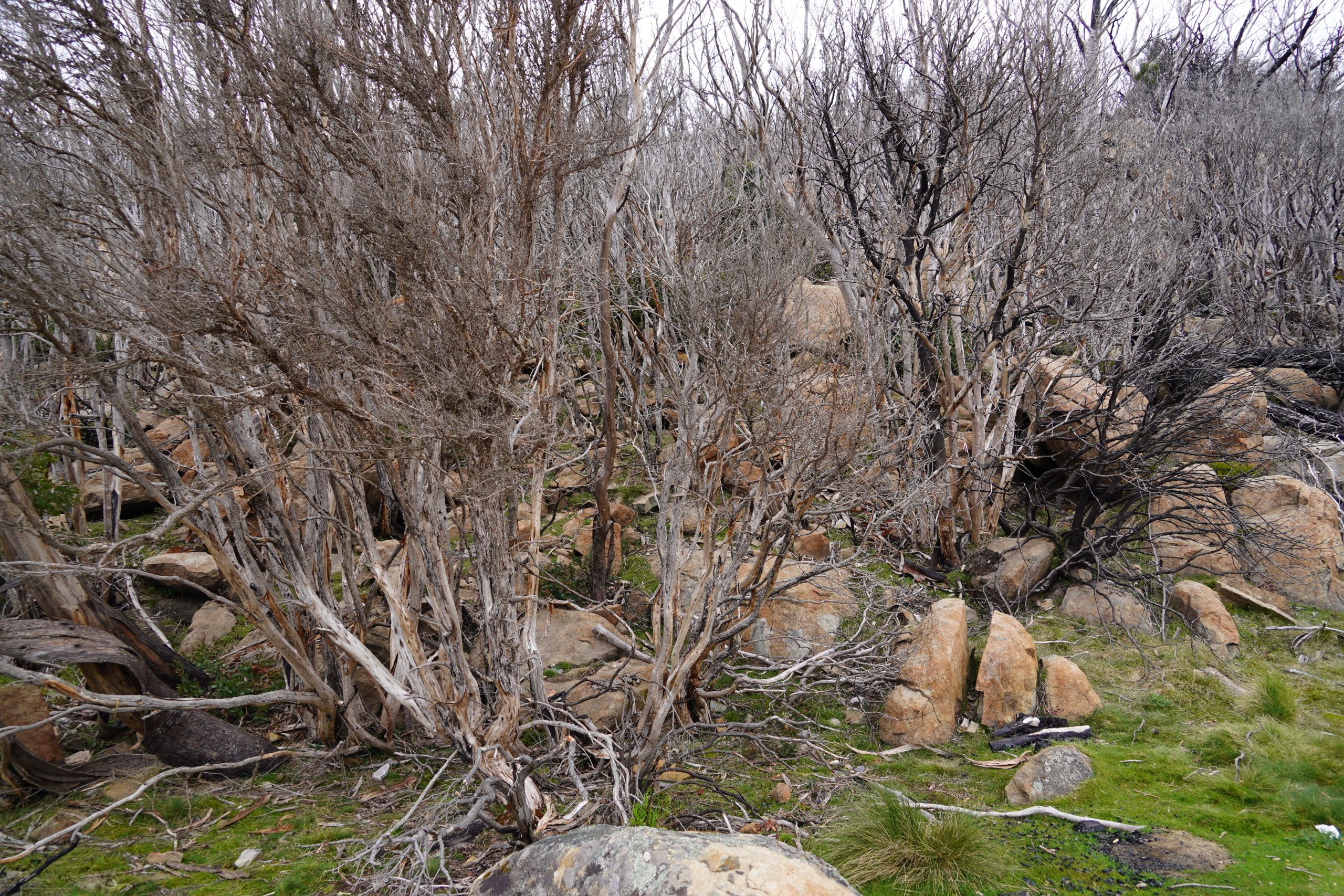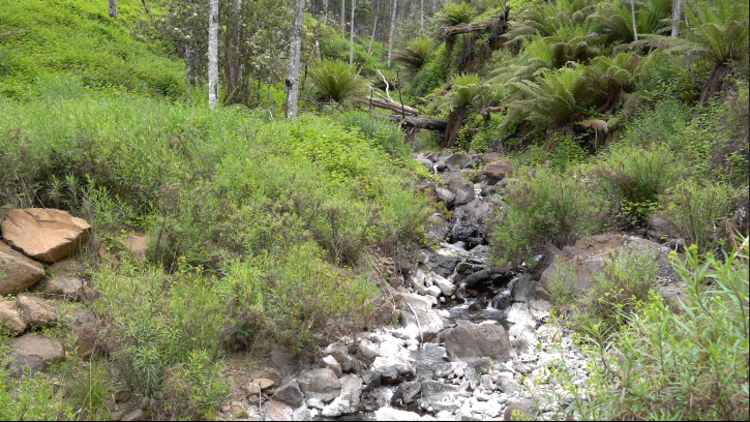Identify Your Competitive Edge

Being able to identify your competitive edge is a powerful tool to help you set yourself apart from the many other students who will be competing for the same jobs as you, either while you are still studying or when you graduate.
What do we mean by 'competitive edge'?
More than 300,000 people graduate from an Australian university each year, entering the workforce with a fresh qualification on their resumes. While a degree highlights to employers that you have the knowledge and skills required of a job, your degree does not adequately highlight the unique attributes, experiences and life lessons that make you stand out to an employer.
For example, if you are graduating with a degree in medicine, it will be assumed by recruiters that you have all of the necessary skills and knowledge to perform as a doctor. You wouldn’t have received the degree otherwise! The strength of your marks might tell them how good you were at studying, but recruiters will also want to know who you are as a person, what types of environments you have applied your knowledge and skills to, and importantly, what you have learned along the way. These lived experiences highlight to employers how you will likely apply yourself in the workplace, how adaptable you are, and what kind of employee and team member you might be.

Your competitive edge then is essentially… you! The tricky part is being able to highlight your authenticity to employers to make sure you stand out from the crowd.
How to identify your edge?
Your competitive edge is made up of three primary aspects:
- Your values and goals
- Your personal attributes
- Your lived experience
Your values and goals
Earlier on in the Learn Essentials Checklist, we have highlighted ways that you can increase your self-awareness to clearly identify and articulate your values and goals. This is a key part to identifying your competitive edge because it makes it clear to you, and therefore your employers, what you care about, why you have chosen this profession and how you define personal success. These are key elements of an employer being able to determine how you might contribute to their organisation, and importantly how you might fit in with their team.
Your personal attributes
Personality traits aren’t the first thing you think of when you are searching for a job, but they are certainly on the mind of recruiters when considering who to employ in their team. Before offering someone a job, an employer wants to know what type of person they are hiring. Some attributes are more personal, like being cheerful, sensible or ambitious. Other attributes are more professional like being collaborative, trustworthy or hardworking.
Personal and professional attributes reveal to an employer about how you might contribute to a team, complete tasks or work in a given environment. These are not things that having a degree can reveal to your employer so it is important that you highlight your unique attributes in your job application and in your interview. And remember, always be authentic and honest to ensure you find and are offered a job that will be the right fit for you and the organisation
Life experiences
There is nothing more unique about a person than their lived experiences. You are the only person who has lived your life and learned the things you have. Even if you are graduating with the same degree as 1000 other people this year, your lived experiences will be unique to you and therefore contribute to your competitive edge.
Throughout the Learn Essentials pathway we have discussed ways in which you can broaden your experiences through working, volunteering and networking. Now is the time to put all of that good work to use and provide potential employers with examples of what you have learned from these experiences.
Evidence of your experiences will demonstrate your attributes, values and goals, thereby complimenting the degree that highlights your professional skills and knowledge. For example, a nursing graduate might highlight in their job application that they recently organised a community fundraiser, encouraging nursing home residents to knit booties for animals affected by bushfires. In addition to their degree outlining their professional skills and qualification, this applicant will now stand out from the crowd as someone who is:
- caring
- organised
- proactive
- able to mobilise people
- sees value in all people
- an animal lover; and
- aware of current events.
When thinking about your life experiences you can also consider highly personal aspects that truly identify you as a person. This could include the places in which you’ve lived, the global experiences you might have lived through or been impacted by, your journey to higher education, and what experiences led to you choosing to study a particular degree. These might be defining moments in your life that you could use to demonstrate your values, highlight your attributes, reveal how you manage complex challenges – in essence, highlight your competitive edge.




Selling your competitive edge
Throughout the Learn Essentials Pathway we have highlighted the range of places you will need to articulate your skills, knowledge and attributes to employers in the job application process or through face-to-face or digital networking. You have done the hard work of finishing your degree and this achievement has earned you the right to apply for a range of jobs; however it is your competitive edge that is going to make a recruiter read your job application and think ‘I want to meet this person’.
Writing about you
Putting together a LinkedIn profile or job application package will give you the chance to write persuasively about yourself, helping to ensure recruiters find you and/or put your application in the ‘to interview’ pile.
Use these tips to help answer the recruiter’s question ‘Why should I spend the time and resources to meet you?’
· Tell a compelling story – Everybody loves a good story so painting a picture in the recruiter’s mind about who you are and what you can offer the organisation can be an effective way of selling your competitive edge. This is incredibly important in the cover letter and should then be expanded on in examples in your responses to selection criteria. If your application package is interesting to read, it will stand out from the rest of the field.
· Give a broad range of examples – When asked to demonstrate key skills, it is useful to give a range of examples from your lived experiences. You can of course talk about your experiences in your degree, particularly if you have had any work placements as part of your study, but remember to also include examples from your volunteering, work experiences, global exchange or other ‘more than degree’ experiences. These highlight your competitive edge and show employers how you can apply your learning in a variety of contexts.
· Be persuasive and be proud – Your LinkedIn profile and your job application are portfolios of your achievements – you should be confident to write about these and clearly explain how these achievements will help you become a positive and contributing member of the organisation you are applying to. Use positive language and choose examples from your experiences that best highlight your skills, your personality and your potential.
Talking about you
Having a memorable, succinct and interesting statement about who you are and what you do can help you successfully tell others who you are and what you can offer an organisation. You may get the chance to share these in networking events or in a job interview.
Developing an ‘elevator pitch’ can help you do this. The pitch could be about you, what you study and what you are hoping to achieve in your career.
Check out the Networking module for more information on elevator pitches.




Learning outcomes:
- Students have increased awareness of the competitive nature of the job market as a whole, as well as in the application for individual roles
- Students understand their unique qualities and experiences and how (and why) to articulate these to employers
- Students can identify actions they can take to assist them to compete in the job market
Something not quite right? Let us know: Career.Connect@utas.edu.au
Images contained within this module are the property of the UTAS Careers Team and the creative director Sybylla Anderson.
All work has been created by the Student Extension & Employability Careers & Jobs Team. Any questions can be directed to the creators, Careers & Leadership Education Advisors.
